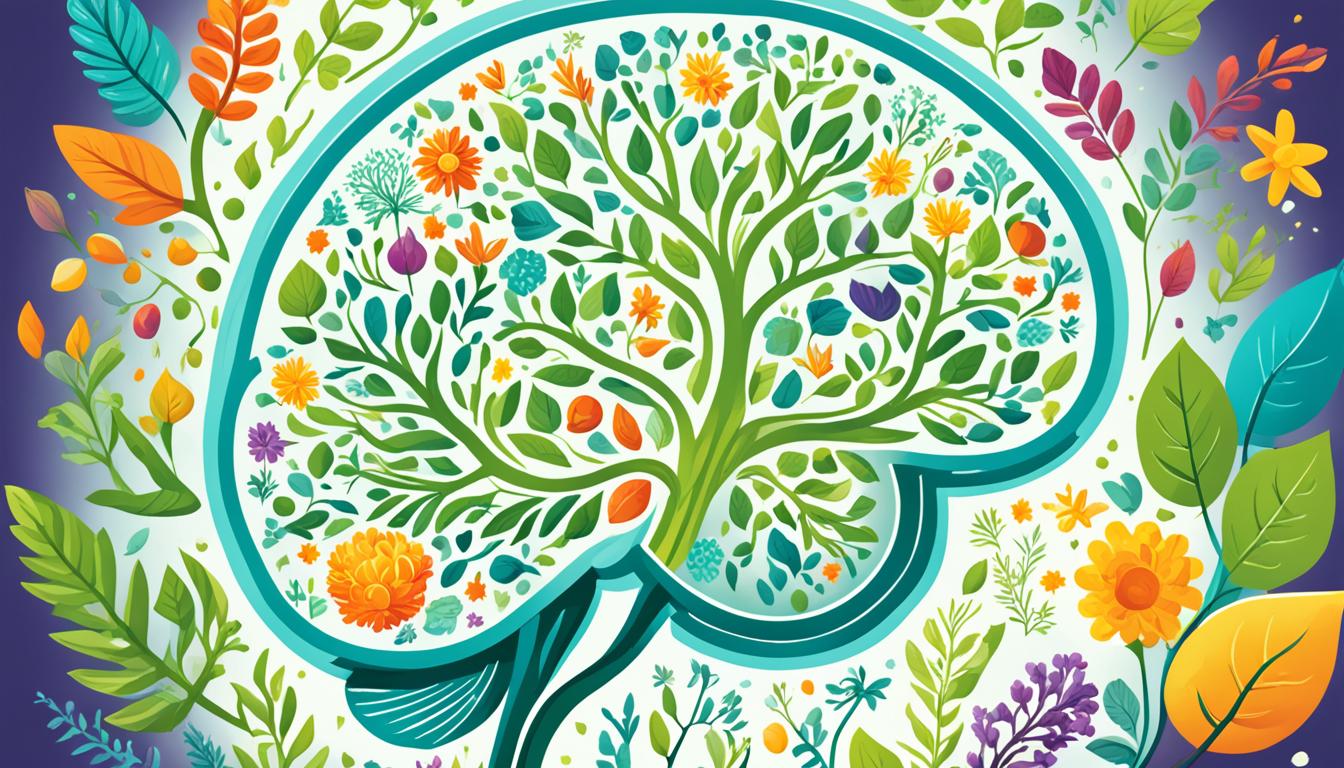In today’s fast-paced world, keeping your brain in top shape is just as important as maintaining your physical health. Cognitive decline can begin earlier than expected without proper care, but incorporating simple, science-backed daily habits can go a long way in preserving and even enhancing your brain function. Here are seven powerful daily habits for optimal brain function, reviewed by neurologist Dr. Chandril Chugh.
Why Brain Health Matters
Your brain is the control center of your body. It regulates thoughts, emotions, memory, and decision-making. Just like muscles, the brain needs consistent stimulation and nourishment. The right habits not only boost brain function but may also help prevent neurodegenerative diseases like Alzheimer’s and Parkinson’s.
1. Keep Learning Every Day
Lifelong learning is one of the most impactful daily habits for optimal brain function. Whether it’s picking up a new language, solving puzzles, or learning a musical instrument, engaging your brain keeps it flexible and responsive.
Simple ways to keep learning:
- Take online courses
- Watch educational documentaries
- Read challenging articles or books
- Join workshops or webinars
Benefits:
Consistent learning creates new neural pathways, improves memory retention, and enhances problem-solving abilities. Learning new things daily stimulates cognitive activity and delays mental aging.

2. Eat a Brain-Boosting Diet
One of the key daily habits for optimal brain function is a balanced diet rich in brain-friendly nutrients. The Mediterranean diet, for example, is known for improving cognitive health.
What to include in your diet:
- Oily fish (salmon, sardines): High in omega-3 fatty acids
- Berries (blueberries, strawberries): Rich in antioxidants
- Nuts and seeds (walnuts, flaxseeds): Contain healthy fats and vitamin E
- Leafy greens (spinach, kale): Packed with vitamins and minerals
- Whole grains (oats, brown rice): Help regulate blood sugar levels and fuel the brain
Avoid:
- Processed foods
- High-sugar snacks
- Excessive caffeine
- Artificial sweeteners
Eating smartly supports memory, concentration, and overall brain vitality.
3. Read Daily
Reading is a cognitive exercise that strengthens brain connections and promotes neuroplasticity. Whether it’s fiction, non-fiction, or educational material, reading boosts focus and comprehension.
How reading helps:
- Enhances vocabulary and language skills
- Encourages imagination and critical thinking
- Improves memory and attention span
Pro tip:
Choose material that challenges your thinking. Discuss your readings with others to engage your social and cognitive abilities simultaneously.
4. Stay Socially Connected
Staying connected is more than a lifestyle choice—it’s a brain health strategy. Social engagement is one of the most overlooked daily habits for optimal brain function. Interacting with others helps stimulate multiple areas of the brain.
Benefits of social interaction:
- Lowers the risk of depression and cognitive decline
- Improves mood and emotional health
- Enhances memory and processing speed
How to stay connected:
- Schedule regular calls or meetups with family and friends
- Join local community groups or clubs
- Volunteer for social causes
- Attend networking events or workshops
Strong social bonds also reduce stress, which further supports your mental sharpness.

5. Manage Stress Effectively
Chronic stress harms the brain by shrinking the prefrontal cortex (responsible for memory and decision-making) and increasing cortisol levels, which can impair function over time.
Daily habits for stress management:
- Meditation: Even 10 minutes daily can calm the mind
- Deep breathing: Lowers blood pressure and improves focus
- Mindfulness: Enhances awareness and reduces anxiety
- Journaling: Helps process emotions and declutter the mind
Tip:
Start your day with a short gratitude exercise or mindfulness practice to set a calm tone.
6. Prioritize Quality Sleep
Poor sleep leads to memory lapses, brain fog, and slower cognitive performance. Rest is one of the most essential daily habits for optimal brain function.
Best practices for quality sleep:
- Stick to a consistent bedtime and wake-up time
- Avoid screens 1 hour before sleep
- Keep your bedroom cool, dark, and quiet
- Avoid caffeine or heavy meals late at night
Sleep benefits:
- Strengthens memory consolidation
- Enhances learning capacity
- Flushes out toxins from the brain
Adults should aim for 7–9 hours of uninterrupted sleep per night.
7. Stay Physically Active
Exercise isn’t just for the body—it also benefits the brain. Physical activity increases blood flow to the brain and boosts the production of neurotrophic factors that support neuron health.
Brain-friendly exercises:
- Walking or jogging: Improves mood and focus
- Yoga: Combines mental calmness and physical flexibility
- Strength training: Builds stamina and sharpens the mind
- Dancing: Enhances coordination and memory
Aim for at least 30 minutes of moderate activity most days of the week.

Bonus: Engage in Creative Activities
Creativity activates different brain regions and promotes new neural connections. Drawing, writing, crafting, or playing an instrument stimulates the right brain and builds cognitive resilience.
Try:
- Painting or sketching
- Creative writing or journaling
- Playing a musical instrument
- DIY or craft projects
Expressing creativity can also reduce stress and improve mood.
Combine Music and Laughter
Music can improve concentration and memory, while laughter releases endorphins and reduces mental tension. Together, they form a powerful duo for maintaining emotional and cognitive balance.
Ideas to try:
- Listen to uplifting music during work
- Watch comedy shows or stand-up videos
- Sing or play a musical instrument
- Laugh with friends during a walk or meal
Final Thoughts
Implementing these daily habits for optimal brain function doesn’t require major life changes—just consistent action. From healthy eating and exercise to sleep and creativity, each habit contributes to improved cognitive health.
Dr. Chandril Chugh, a highly respected neurologist, emphasizes that brain function is not fixed—it can evolve and improve through lifestyle.
Start today by incorporating even two or three of these habits. Your future brain will thank you.
Frequently Asked Questions (FAQ)
Q: What habits are good for your brain?
A: Habits like reading, physical exercise, sleep, meditation, and eating a healthy diet support optimal brain function.
Q: Can I activate 100% of my brain?
A: While the “10% brain myth” is debunked, using more regions actively through learning, creativity, and exercise enhances performance.
Q: How can I increase brain power daily?
A: Focus on nutrition, mental stimulation, physical activity, and quality sleep to enhance your brain power consistently.
Q: What are 10 healthy habits?
A: Balanced diet, sleep, exercise, learning, reading, socializing, managing stress, limiting screen time, staying hydrated, and practicing gratitude.
Q: How can I increase 20% of my brain?
A: You can’t measure brain usage in percentages, but challenging tasks, language learning, and meditation can improve efficiency.
Q: How can I increase my IQ level?
A: There’s no guaranteed way, but cognitive training, problem-solving tasks, and brain-healthy routines may improve measurable intelligence.
















Leave a Comment